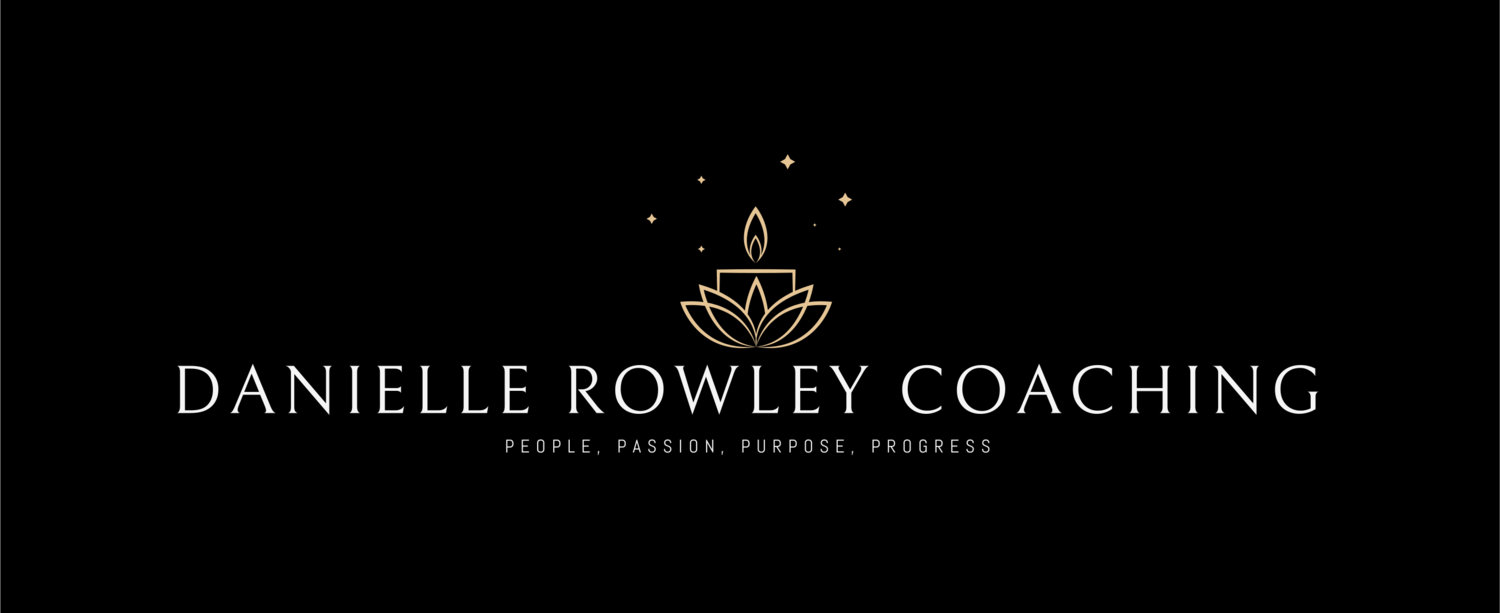The Psychology of Coaching
Coaching psychology, is a highly effective and client-centred approach, is designed to help individuals achieve their goals. It does so by developing strategies and action plans that are uniquely tailored to their specific needs, goals, and motivations. This approach is firmly grounded in several theoretical models, including cognitive-behavioral theory, humanistic psychology, and positive psychology.
Cognitive-behavioural theory focuses on the relationship between thoughts, feelings, and behaviours. It helps clients identify negative thinking patterns and replace them with positive ones, improving emotional regulation and behaviour. Humanistic psychology emphasizes the importance of self-awareness, personal growth, and self-actualization. It helps clients develop a stronger sense of self and purpose, improving well-being and life satisfaction. Positive psychology promotes positive emotions, behaviours, and attitudes. It allows clients to cultivate positive experiences and mindset, improving optimism and resilience.
The coaching process typically involves a series of sessions where the coach, a supportive and knowledgeable guide, and the client work together to develop practical and effective solutions. The coach provides feedback, support, and guidance to the client throughout the process, empowering them to achieve their full potential. Coaching psychology can be used in various settings, such as business, education, and sports.
In the business world, coaching psychology is a powerful tool used to help executives and managers improve their leadership and communication skills. It enables them to identify their strengths and weaknesses, develop effective communication strategies, and lead their teams more effectively. In education, coaching psychology is a transformative approach used to help students develop study and time management skills. It empowers them to identify their learning style, develop effective study habits, and set achievable goals. In sports, coaching psychology is a game-changer used to help athletes enhance their performance, mental toughness, and resilience. It equips them with effective coping strategies, helps them manage their emotions, and maintains focus under pressure.
Tips For Successful Coaching:
1. Be clear on your goals: Before hiring a coach, take the time to clarify what you want to achieve through coaching. This will help you find a coach specialising in the area you need help with and ensure that you and your coach are on the same page.
2. Be open to feedback: Coaching is about growth and improvement, often requiring feedback that may be uncomfortable to hear. However, it's important to stay open-minded and willing to receive feedback from your coach to make progress.
3. Be committed: Coaching requires commitment and effort on your part. Be prepared to do the work outside of coaching sessions and make the necessary changes to achieve your goals. The more you put into coaching, the more you'll get out of it.
4. Be honest: To get the most out of coaching, it's essential to be honest with your coach about your thoughts, feelings, and actions. This includes being honest about any challenges or roadblocks you may be facing and any fears or doubts you may have.
5. Be patient: Coaching is a process that takes time and effort to see results. Be patient with yourself and the process, and trust that your coach is there to support you every step of the way. Remember, progress takes time, but it's ultimately worth it.
Coaching psychology is a positive and empowering approach to personal and professional development. It helps individuals and organizations to achieve their goals, improve their performance, and enhance their overall well-being. With coaching psychology, individuals can overcome obstacles, maximize their strengths, and reach their full potential.



